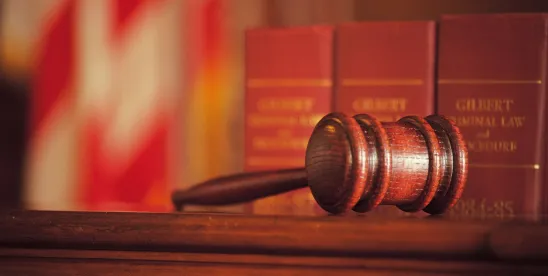We previously reported on the Seventh Circuit’s decision in United States ex rel. Nelson v. Sanford-Brown Ltd.,in which the court rejected the implied certification theory of FCA liability and granted summary judgment for the defendant. Following the Supreme Court’s decision in the Escobar case, the Seventh Circuit revisited its decision on October 24, 2016. Once again, the Seventh Circuit affirmed the district court’s entry of summary judgment in the defendant’s favor, this time pursuant to the standards for implied certification claims announced in Escobar.
In Escobar, the Supreme Court held that implied certification can be a basis for liability when the claim for payment makes specific representations about the goods or services provided and the defendant’s failure to disclose noncompliance with material legal obligations makes those representations “misleading half-truths.” In Sanford-Brown, the Seventh Circuit concluded that the relator failed to demonstrate any specific representations, never mind those that were misleading.
In addition, the court applied the Escobar court’s holding that FCA plaintiffs must demonstrate materiality, holding that the relator’s claims could not survive on that additional basis. The Seventh Circuit quoted the Supreme Court’s characterization of the materiality standard as “demanding” and “rigorous.” The Seventh Circuit observed that, under Escobar, courts must look to the “likely or actual” payment behavior of the government payor. The Seventh Circuit held:
Here, Nelson has offered no evidence that the government’s decision to pay SBC would likely or actually have been different had it known of SBC’s alleged noncompliance with Title IV regulations.
In fact, the court observed that the government had examined the defendant multiple times. The court concluded:
At bottom, even assuming Nelson’s allegations are true, the most he has shown is that SBC’s supposed noncompliance and misrepresentations would have entitled the government to decline payment. Under [Escobar], that is not enough.
This decision is consistent with what the Supreme Court held in Escobar: the government’s mere option to decline to pay claims is insufficient to establish materiality and, thus, insufficient to establish FCA liability.




 />i
/>i
